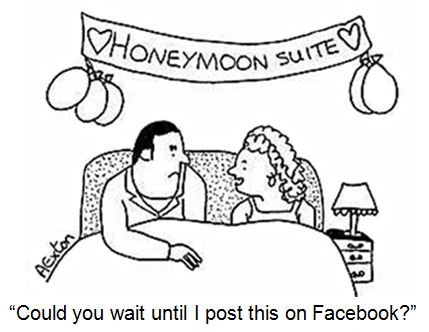Everything we do – as people, as companies – is about creating relationships, engaging the audience, shaping and creating true loyalty. We’ve made it our business, at least in buzz words, to focus on the emotional bonds between humans and brands. And, don’t fool yourself those emotional bonds are very real. In fact, I give you Dove.
So, if these emotional bonds are real, then why do so many loyalty programs lack a balance in considering rational decisions that humans make, as well as those emotional triggers which are by far much stronger, much more engaging, and can be the foundation of true loyalty. In the book “Switch” (by Chip & Dan Heath), the Heath brothers explain to us that the rational side of our brain is comparable to a rider and the emotional side, to an elephant. Think about that for a moment: if the rider knows where he is going, then he can easily guide the elephant there, right? But, what if the elephant decides he’d much rather get that jar of peanuts; you know the one that is 12 miles off course. Who wins – rider or elephant?

So, what does this have to do with loyalty? In early indications of an upcoming Maritz Canada Inc. research*, over half of the respondents say that the company brand influences their decision to join the loyalty program in the first place and also agree that the loyalty program becomes an important part of their relationship with the brand. Not only that, but they also say that they actually modify their shopping habits based on where they can earn loyalty points.
Read more
 Do social media technologies isolate people and promote false relationships? Or are there important benefits associated with being connected to others in this way?
Do social media technologies isolate people and promote false relationships? Or are there important benefits associated with being connected to others in this way?